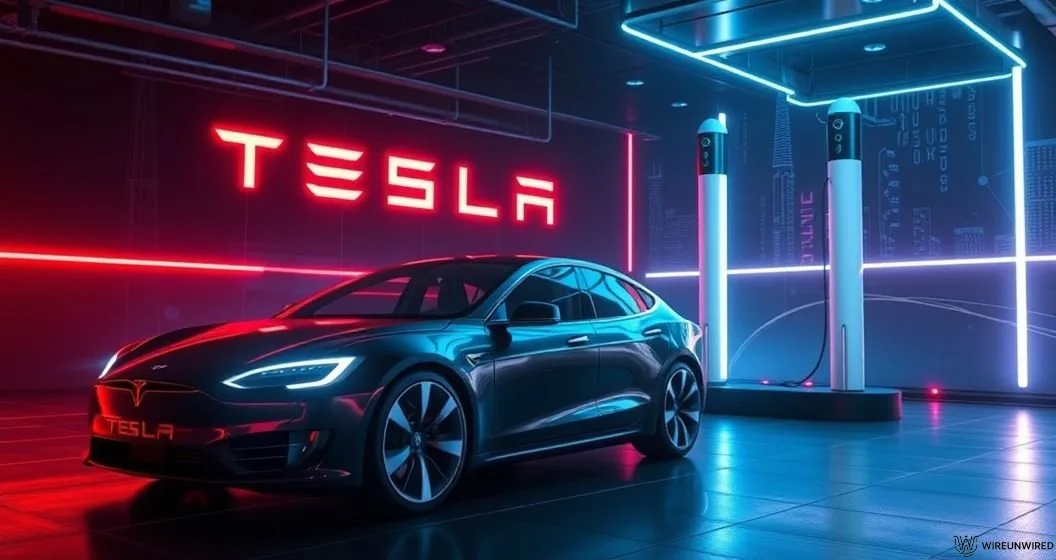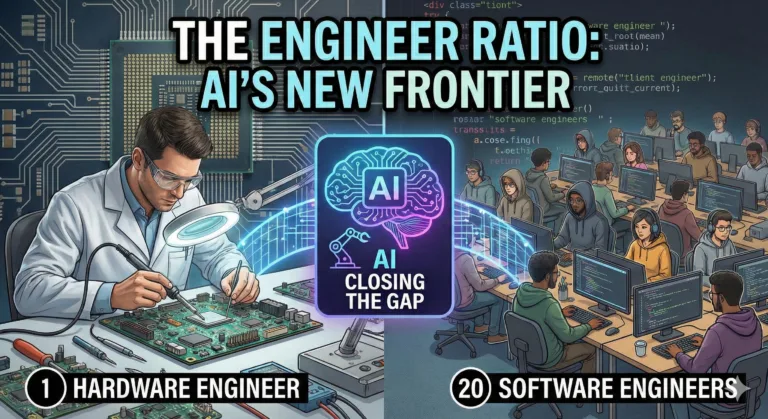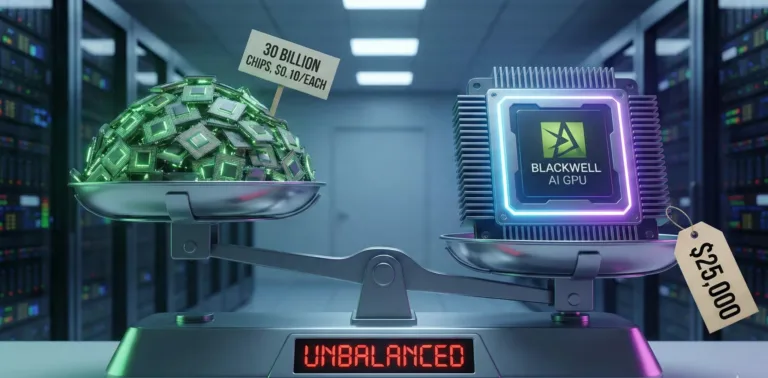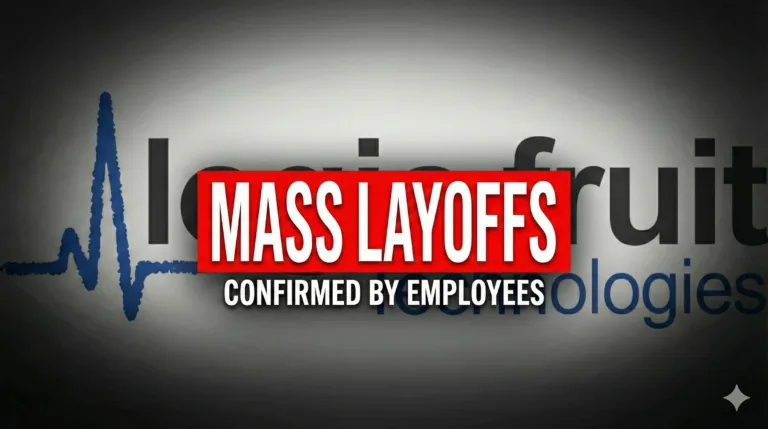Key Insights
- SpaceX and Tesla internships demand advanced technical knowledge, practical engineering skills, and strong problem-solving ability.
- Expect multi-stage interviews with rigorous technical assessments, behavioral questions, and team fit evaluations.
- Preparation should focus on EE fundamentals, digital electronics, and showcasing relevant hands-on projects and engineering intuition.
The race for elite hardware engineering internships at Tesla and SpaceX is fiercer than ever, with candidates facing some of the industry’s toughest technical interviews. Did you know SpaceX’s on-site interviews can stretch to seven or eight consecutive rounds, testing every aspect of your engineering acumen? As these companies push the boundaries of electric vehicles and space exploration, their hiring standards have become a benchmark for the next generation of electrical and computer engineers.
Inside the SpaceX & Tesla Interview Process: What Sets Them Apart
Both SpaceX and Tesla are renowned for their exacting standards when recruiting engineering interns, especially those in ECE (Electrical and Computer Engineering) roles. The process typically unfolds in multiple phases:
- Resume Screening: HR teams look for candidates with hands-on experience, technical skills, and a clear passion for the company’s mission. Highlighting relevant projects and leadership is essential .
- Technical Prescreens: Expect 2–4 rounds of remote interviews probing your project experience, engineering intuition, and technical depth. SpaceX, for example, is known to ask about problem-solving approaches and the challenges you’ve faced .
- Technical Assessments: You might be tasked with coding exercises (Python, C++), digital logic problems (FIFO, FSM), or even UVM verification questions, depending on the role. Tesla hardware interviews often deep-dive into switched-mode power supplies, high-speed data circuits, and electromagnetic compatibility (EMC) challenges.
- On-site Interview Loop: Finalists attend a full-day marathon of technical and behavioral interviews—sometimes up to 8 rounds. You’ll present past engineering projects, solve complex technical problems, and answer in-depth questions from future peers and managers .
Candidates consistently report that both companies prioritize not just correct answers, but the thought process, creativity, and resilience behind them. Interviewers dig deep into any expertise claimed on your resume, so preparation is critical.
Technical Challenges: What You’ll Face and How to Prepare
The technical bar at SpaceX and Tesla is high—often matching or exceeding graduate-level engineering exams. Interviewers routinely test:
- Switched-Mode Power Supplies: Understand design principles, efficiency trade-offs, and troubleshooting techniques.
- High-Speed Data Circuits: Be ready to discuss signal integrity, layout best practices, and EMC mitigation strategies.
- Digital Logic & Verification: Prepare for brain-teasers on FIFO design, finite state machines (FSM), blocking vs. nonblocking assignments, and UVM methodology.
- Coding & OOP: Expect problems in C++ or Python, often focused on object-oriented programming and algorithmic thinking.
- Engineering Fundamentals: Know your basics inside-out—circuit analysis, system modeling, and hardware debugging.
Behavioral interviews also play a key role, assessing your ability to thrive in fast-paced, high-pressure environments and collaborate with multidisciplinary teams.
Also Read :RF vs Telecommunications: Career Paths, Skills ; FPGA Opportunities Explained
Industry Trends: Why These Internships Matter
Securing an internship at Tesla or SpaceX isn’t just a career milestone—it’s a launchpad into the future of technology. As these companies accelerate innovation in EVs and aerospace, they’re increasingly seeking engineers who combine technical prowess with practical experience. Industry reports show:
- The demand for hardware engineering talent in aerospace and automotive sectors is projected to grow by over 10% annually through 2028, driven by advancements in autonomous systems and electrification .
- Internship conversion rates at SpaceX and Tesla are among the highest in the industry, with many interns receiving full-time offers post-graduation.
- Successful candidates often showcase not just technical skill, but a strong portfolio of personal projects, leadership, and adaptability to rapidly evolving technology landscapes .
A table comparing typical technical topics covered in interviews:
| Skill Area | Tesla Focus | SpaceX Focus |
|---|---|---|
| Power Electronics | SMPS, EMC, PCB Layout | SMPS, Layout, EMC |
| Digital Logic | FSM, FIFO, Verification | Brain-teasers, FSM |
| Coding | C++, Python, OOP | C++, Python, Algorithmic |
| Systems Engineering | EE Fundamentals | Hardware Debugging, Projects |
For aspiring ECE interns, the message is clear: master your fundamentals, build hands-on experience, and develop the resilience to tackle engineering’s toughest challenges. The rewards—impactful work, rapid career growth, and a front-row seat to the future of tech—are well worth the effort.
Discover more from WireUnwired Research
Subscribe to get the latest posts sent to your email.




